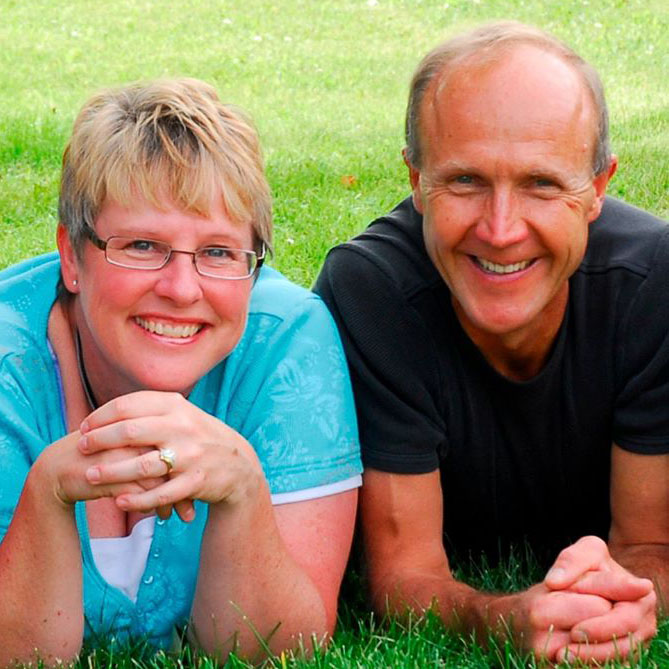
Weird title, isn’t it?
My friend, Darrel, shared a story about a nomadic community in Africa. I have no research or documentation to show validity. Regardless, the story has a powerful lesson about punishment by love.
In many circles, this community would be labelled uncivilized. They live in a harsh environment, hunting and gathering much as their predecessors have lived for centuries.
Uncivilized? Maybe in some ways, because the modern conveniences you and I “need” are not a part of their culture. Yet in other ways, their culture has developed basic civil ways of maintaining community relationships and ensuring their existence.
As you read this, I invite you to ponder how you and I can adopt similar strategies in our current society.
The civil ways
In this community, if someone is caught stealing or inflicting harm on others (or their property), the consequences are, for lack of a better term, punishment by love.
The people form a circle around the perpetrator. Starting with the chief, each person shares positive attributes about the perpetrator. It could be positive things about their character, skills, and talents they possess. Or it could be to reflect on positive and caring behaviour that are normal behaviour of the perpetrator.
I’m guessing the intent is for the community to remind the perpetrator what they know to be true about the real human being. Sure, the person screwed up in their behaviour, but the community members know the perpetrator is a good person. And the reason he/she screwed up is because the community had forgotten to provide the love and attention that was needed to have the perpetrator feel loved, cared for, and a valued part of the community.
Once again, How might you and I apply this?
Let’s explore
I invite you to shift your thinking to our current society where there are many situations and events that are creating fear, division, and not-love behaviour between people.
Based on my coaching experience and knowledge of human nature (healthy humans), most less-than-socially-accepted behaviour (aka screw-ups) are nothing more than a call for love, a request for attention, or a need to feel belonging.
I invite you to think about a child who receives lots of attention through affirmation, praise, and love from her parents. She is appreciated and acknowledged as a good person and for her good behaviour. Less-than-desired behaviour happen rarely, and when it does, she learns about the bigger negative consequences to the behaviour and why it is not acceptable. She is coached to find a more appropriate way. In the process, she knows she is totally loved as a human being.
Conversely, a child that receives limited, or no attention from the parents, may feel lonely, unappreciated, and even unwanted. Appropriate behaviour goes unnoticed, which makes the condition worse. But he soon learns that inappropriate behaviour will gain attention from mom and dad – yahoo!!
Unfortunately, in striving to be seen, heard, and loved, the attention is in the form of punishment by harsh words, anger, physical harm, avoidance, or having special things or privileges taken away. He may feel crappy, but at least mom and dad noticed him.
As the child ages, always wanting to feel loved, good behaviour goes unnoticed. Less-than-desirable behaviour gains attention and it also allows him to feel “part of the group.” This group of love-seekers (often labelled as bad-actors or sh… disturbers) are striving for a sense of belonging – to be a community.
Yes, a few of these end up in teenage pregnancies, criminal activities, addictive behaviour, or just driving their parents nuts. But thankfully, most people work through this period and end up as valuable contributors to society. They find a partner, with whom they can share love, attention, and belonging – at least for a time, while they are in the early stages of their relationship.

But, sooner or later, they forget to prioritize their relationship, and the not-love behaviour begin to appear. Where does the attention go?
I don’t think I need to go on. You’ve experienced it, haven’t you?
“So what?” you say.
- What might happen, if you and I consciously applied the African community’s approach of punishment by love?
- What might happen if the consequence for any inappropriate behaviour was a showering of love and appreciation for the good “in the person”?
- What might happen if you and I showered ourselves with love and appreciation for who we are, especially when we think we’ve messed up? Hmmm?
Your office team or whole community may not buy-into this deal. But what might happen when you and I model this consciously, consistently, and persistently?
I’m not powerful enough to have much control of an office team, or community, or a country, but I can start at home – in my own little tribe.
What about you?

I’ve experimented with this, with amazing results. As I’ve applied punishment by love, I rarely see less-than-appropriate behaviour by others. As I strive to mentally and verbally appreciate others for who they are, regardless of their behaviour, they respond with very kind, respectful, and loving behaviour.
The most difficult for me is to shower myself with love when I think I’ve screwed up.
In our work coaching with couples, I could share pages of stories to prove punishment by love works.
The best part is that when applied, it just feels good. That is the magic of it.
What might happen for you, if you give this a whirl for a couple weeks as an experiment, starting right now?
Let’s chat about your experiment and your results, shall we?


Leave a Reply